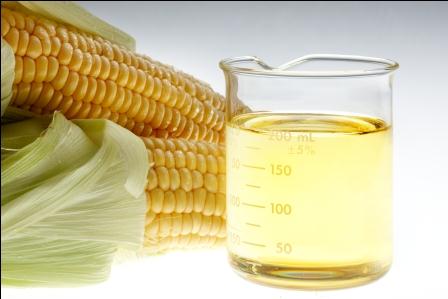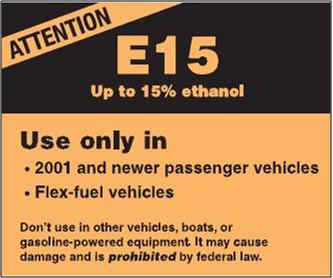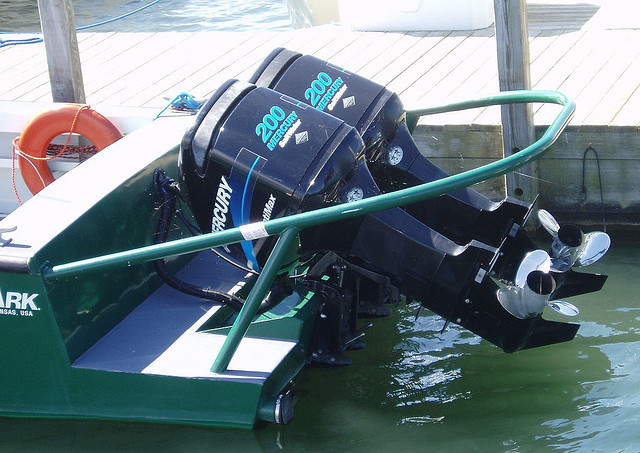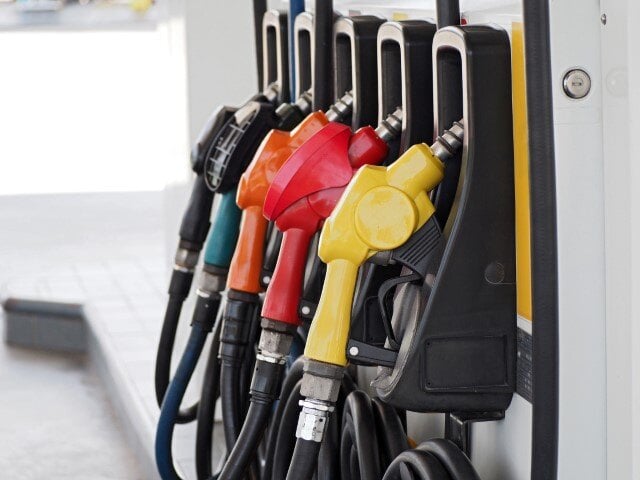What does E15 mean?
Sometimes we throw around terms with the assumption that the average person knows exactly what we're talking about. Since our goal here at the Bell...

2012 was really the year that the whole country found out what it was like to run on ethanol all year long. Most of this was 10% ethanol but the proportion of 15% increased in 2012 and will continue to go up as the country follows through with the EPA approvals for E15. This has created a burgeoning market for stabilizing products to help keep E10 and E15 for going bad.
 A traditional fuel stabilizer would primarily be an antioxidant treatment - an additive to interrupt the chemical reactions that cause good gas to turn brown and form sludge and deposits (because the chemical reactions attach the petroleum in the fuel and cause the molecules to combine and form larger ones). But a fuel stabilizer for ethanol needs to do more than that. This is what you need to look for when you're searching for something to keep your ethanol fuel from going bad.
A traditional fuel stabilizer would primarily be an antioxidant treatment - an additive to interrupt the chemical reactions that cause good gas to turn brown and form sludge and deposits (because the chemical reactions attach the petroleum in the fuel and cause the molecules to combine and form larger ones). But a fuel stabilizer for ethanol needs to do more than that. This is what you need to look for when you're searching for something to keep your ethanol fuel from going bad.
The biggest stabilizing need for ethanol fuels is to control the water that inevitably builds up. If you've spent any time here at the Bell blog, you've heard us say over and over again that ethanol attracts water and that's bad for a couple of reasons. Water provides building blocks for some of these chemical reactions that cause the fuel to go bad. Oxidation and hydrolysis reactions attach previously-stable gasoline molecules and break them out, forming molecules that are unstable and looking for other molecules to attack, break apart and attach to. Eventually you get a whole group of chain reactions going in the fuel, and the result is fuel that has broken apart, turned dark, and is generally unusable.
More concerning and immmediate for the ethano user is the fact that water causes phase separation in E10 and E15. Which is a polite way of saying that too much water causes the ethanol to actually drop out of the gas it was mixed it. Not so nice things always ensue after this happens. The least of your worries is that you now have gasoline with a stripped octane rating and a layer of water/ethanol in the bottom of the tank waiting to wreck havoc on your engine.
A quality stability product made for protecting ethanol will provide a symphony of benefits, not the least of which is controlling water accumulation. to head off phase separation. The important distinction to remember is that the fuel stabilizer should be able to do this without actually using more alcohol to do so. Bell Performance has used non-alcoholic ingredients like fluorosurfactants for years to create highly effective stabilizing multi-functions that can be used in cars, trucks, boats, and small equipment (is your lawn mower getting ready to bite the dust from ethanol?). Other ethanol products that have appears very recently simply use more alcohol to give the impression that they're cleaning up a water problem. But you can't solve a water problem with more alcohol.
Beyond this, a good fuel stabilizer for ethanol will provide detergency to clean injectors and make the engine more efficient. Also, very importantly, they will head off the corrosion that inevitably comes with ethanol use. Ethanol is very corrosive, as is the water it attracts. Controlling that water is a primary function of an ethanol fuel stabilizer as well as providing some additional kind of protection for the rubber and plastic that the ethanol will inevitably attack.
Other posts you may be interested in:

Sometimes we throw around terms with the assumption that the average person knows exactly what we're talking about. Since our goal here at the Bell...

Even though boats are made for use on the water, their engines are not designed to hold water.

Outside of driving behavior, fuel injectors are the single biggest influence of vehicle mileage and performance. Clean injectors are essential to...